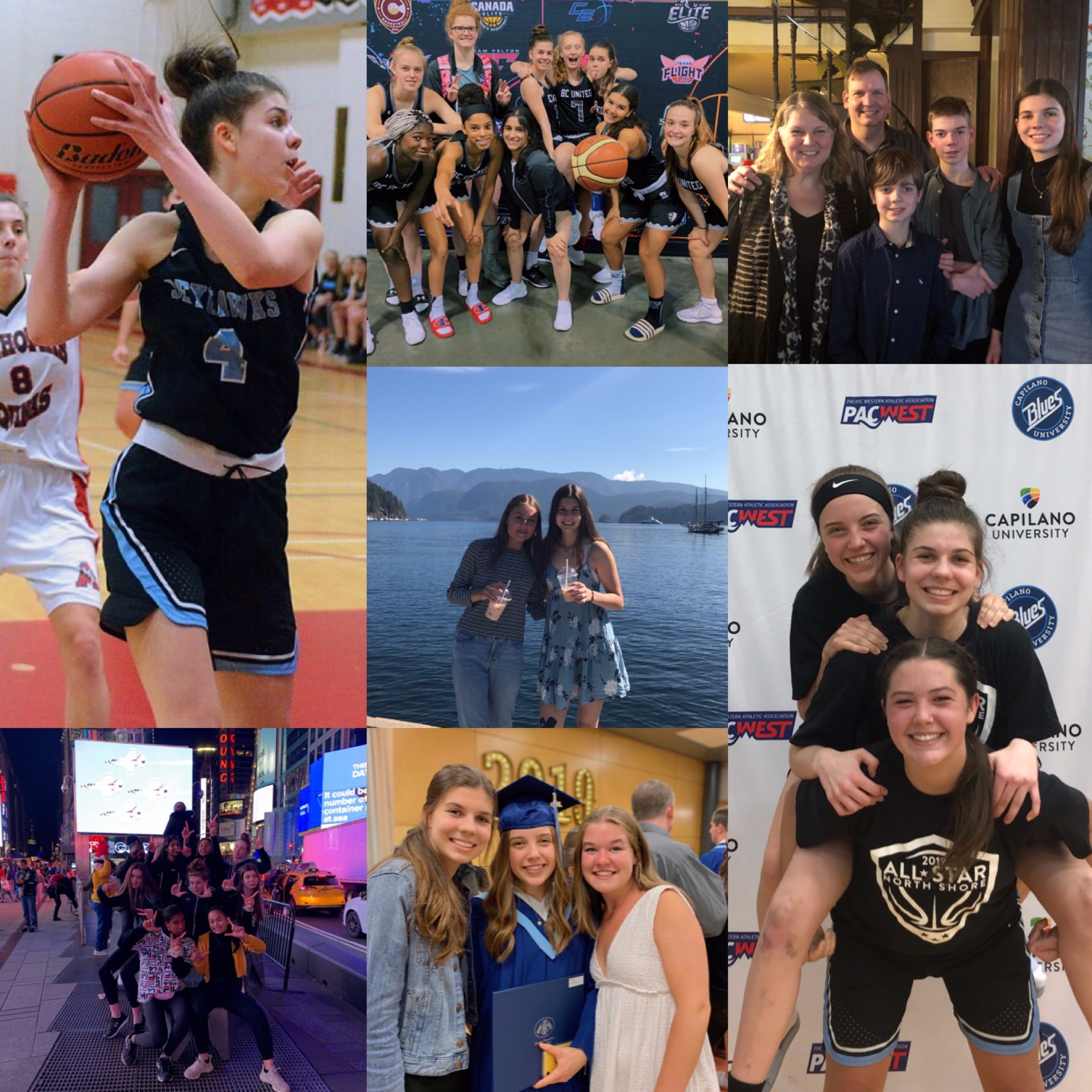“We Shall Overcome” was a gospel song that became known as the anthem of the civil rights unit. A symbol of hope for peace and equality in America throughout this time in history. This song is the name of the unit we just finished about the civil rights unit.
When I learned we were going to be doing this unit I was very eager to learn about civil rights as I find 20th century history so interesting to learn about. Especially gaining a deeper understanding towards this time period. I found it very helpful that we also got to spend an entire term learning about the civil rights movement as its such an important part of history.
We started off by learning about the pre 1950s life for African Americans. Specifically slavery in the 18th and 19th century, the reconstruction of the south after the civil war and the Jim Crow laws. This knowledge about thew history of African Americans helped us have a greater understanding about what was happening leading up to the civil rights movement.
Following learning about pre civil rights movement we moved onto learning about the 1950s. One of the first historical event we learned about was the murder of Emmett Till, a 14 year old boy from Chicago who was killed while visiting relatives in Mississippi. When going into a the small town grocery store he made some sort of gesture or talked to Carolyn Bryant the wife of the owner of the store. During this time black men couldn’t make eye contact or talk to any women without being threatened for their life. After Till made a small sign of sorts to Carolyn, Roy Bryant and his half brother murdered Emmett Till. At his funeral his body was displayed for thousands to see the abuse and brutality of the killing. This decision by Emmett’s mother was to bring attention to what was being done to African Americans during this time. The case was brought to court and a trial was held against the tow breathers however they were never charged with the murder. At times it was hard to learning about some of these events during the civil rights movement as its unbelievable to think that something like this would happen so recently in history.
During this time a lot of African Americans were using the legal system to try and obtain rights such as the Brown vs down of Education and the little rock nine. Another very important event during the 1950s was the Montgomery bus boycott which lasted 381 days long. Thew two people who started the bus boycott were Rosa Parks and Claudette Colvin. Both refused to give up their seats on the bus to a white man. Colvin did so 6 months prior to Parks however she wasn’t the face the NAACP wanted to represent the moment as she was just a teen and soon after she refused her seat on the bus she became pregnant.
After looking into event in the 1950s we moved onto the 1960s which included many key event in civil rights history. Including the March on Washington which I wrote a learning portfolio post on comparing it to the women march. As well as event like Birmingham campaign, the freedom summer, the march on Selma and many more. If you would like to look at all of the events we studied during this unit you can check out this timeline I created:
Civil Rights Movement Timeline
This was an extremely long time for African Americans to stay off the busses as many people who depended on the buses to get to their work had to find alternative ways to work. It would take a lot of will and self power to boycott the busses to bring up the racial serration in public spaces.
One element of the unit that I really enjoyed were the Socratic Seminars that we did every week. What’s a Socratic Seminar you might be wondering? Well its a group discussion we did with our peers about a book we read or a film we watched that week. During the seminar we have an inner circle and outer circle of people. The inner circle of people discuss for 15-20 minutes while the outer circle records down what the being said in the discussions. Throughout these discussions at times I found it very hard to listen and not voice in my opinion when I wanted to say something.
These seminars allowed us to dive deeper and have a better understanding about what we were learning about. It also allowed us to voice our opinions and show our perceptions of the underlying meaning within a book or film. Our first discussion we talked about chapters 1-8 of the book Dear Martin. During this seminar we didn’t really analyze the book very well and asked questioned that didn’t push us to think deeper. However I found the more socratic seminars we did the better the discussions became. The seminar I found I was able to really ask questions that forced my peers to dive deeper was the last seminar about the film Selma which we had watched the previous two classes. Before this seminar I did a lot of research about filming choices and the behind the scenes of the movie and found some very interesting areas that I brought to the discussion. Like the fact that the director of the film Ava DuVernay, was the first black female director to be nominated for a Golden Globe Award. One of the questions that I asked was why do you think it took so long for an African American women to be nominated for this award?
The final part of this unit was our video project we created. If you would like to read the post I wrote on the creation process of this video you can read the post below.














